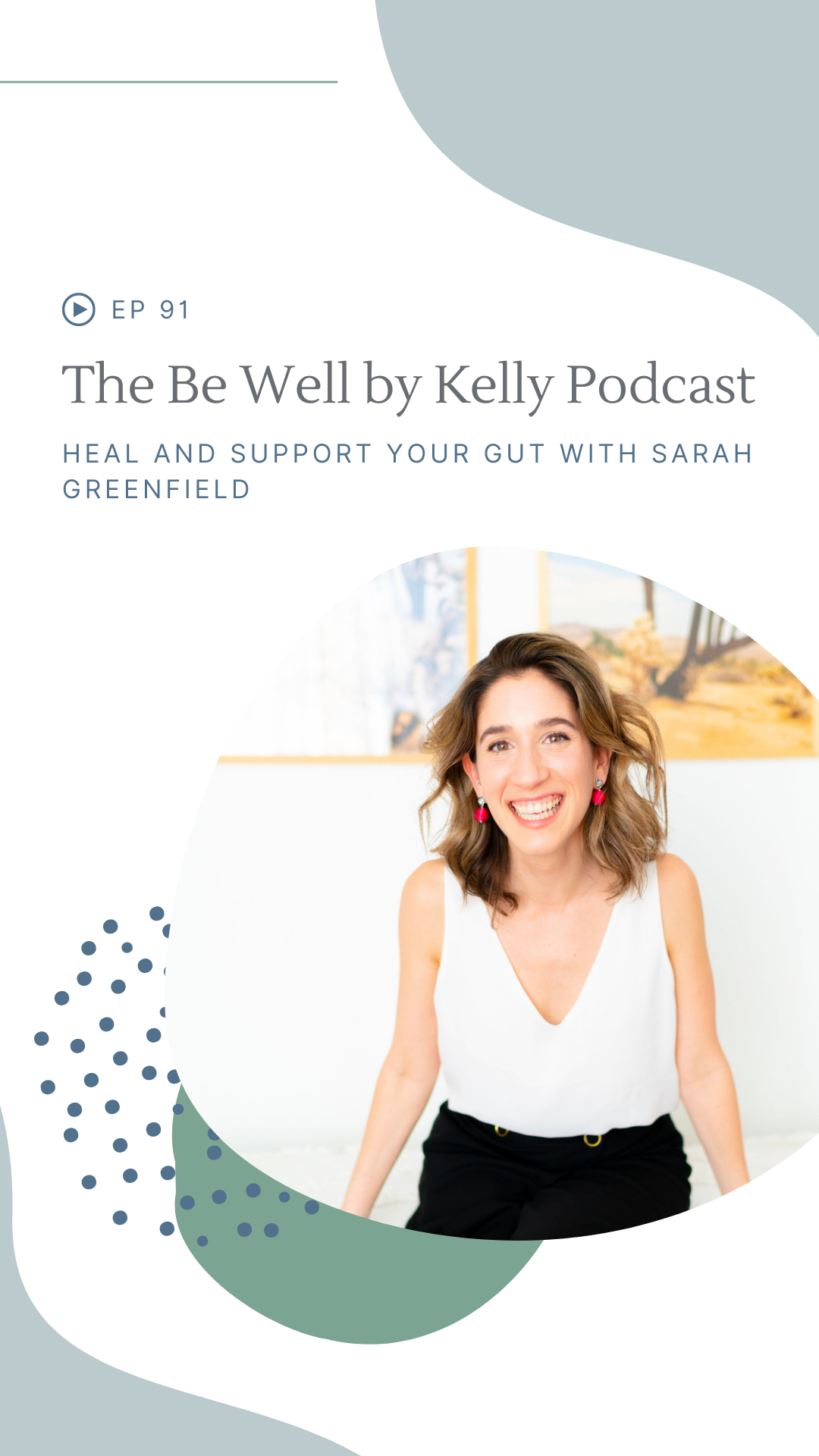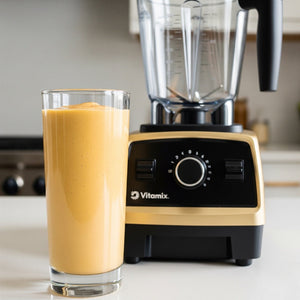
LISTEN ON: APPLE PODCASTS | SPOTIFY
Registered dietitian, functional medicine and digestion expert Sarah Greenfield, talks about healthy bowel movements and how to improve your gut health.
Sarah Greenfield is a functional medicine dietician and “poo aficionado,” eliminating the societal stigma around stools with Fearless Fig: a holistic health service that diagnoses the root cause of digestion issues.
This TMI chat covers all things BM, with a scientific snapshot of your body’s ecosystem from your “mouth to butt.” Learn how to analyze your bowel movements in relation to the lifestyle triggers causing tummy upsets. Plus, Sarah shares her expert tips on supporting the gut and shifting your microbiome with the right diet, exercise, and supplements.
Show Notes:
[00:00] Sarah grew up with a lot of gastrointestinal distress which led her into her work as an RD
[1:30] You want your bowel movements to be daily, well formed, and not take a long time
[5:00] The Bristol Stool Chart shows the different types of poop and explains what each means from a health perspective
[6:00] The GI Map by Genova or Calprotectin are stool sample tests which can diagnose dysbiosis (bad bacteria in high amounts) or leaky gut
[8:00] Overgrowth of good bacteria can also cause bloating or other symptoms
[11:30] Bacterial imbalance can take place in different parts of the gut, such as SIBO (small intestinal bacterial overgrowth)
[13:00] Sarah examines the inflammatory state of her clients and does food sensitivity testing to see if that is another factor beyond dysbiosis
[14:50] The biggest culprits of constipation are bacterial overgrowth, but emotion (holding onto things) can also play into it
[16:30] Stress management, movement, sleep, and eating enough can really impact constipation and help move things along
[24:00] Too much intense exercise can harm the body's ability to recover and more gentle exercise can calm exercise
[31:00] Not eating enough can slow things down, we need fiber and bulk to move things along in our digestive systems
[30:00] Fiber should be increased slowly and systematically, considering food sensitivities
[34:00] Aloe, Fish oil, and Slippery Elm are all supplements that can help rebuild a damaged or inflamed gut
[38:00] Being present with our food and lowering stress while eating and digesting can help with chronic bloating
[47:00] Eating enough soluble and insoluble fiber is so important for regular bowel motility, you can also try to see if you have a vagus nerve issue which could be slowing things down
Resources:
Take the Fearless Gut Course
Website: fearlessfig.com
Instagram: @fearlessfig
Thank you to our sponsor, wildfriendsfoods.com. Use the code: kelly15 to save 15% on any purchase, and be sure to check out my Be Well nut butter blends while you shop!
Connect with Kelly:
Instagram: @bewellbykelly
Facebook: www.facebook.com/bewellbykelly
Be Well By Kelly is a production of Crate Media






